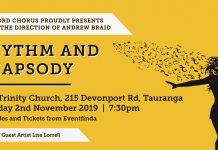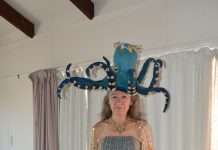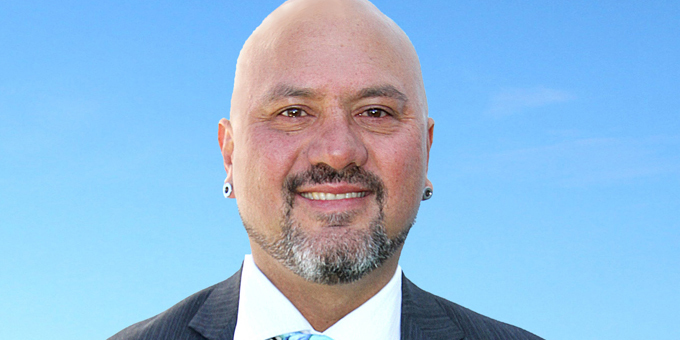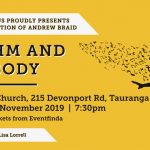When we read newspapers or watch television or listen to radio we have an expectation there are systems in place to check, verify and triangulate information received because journalism is a profession that claims a higher level of credibility – journalists differentiate themselves from the rabble of social media by their professionalism and their accuracy.
That credibility is created in our minds through the knowledge that a third party, without an emotional connection to the story, the journalists and editors, are looking for facts and not succumbing to any emotional bolting horse that must be chased. We have seen two instances in recent weeks where two Maori leaders, each with considerable talent and in search of the truth records of contribution to the betterment of society, have at lightning speed been deemed guilty after just one woman put out messages that denigrated them, Awanui Black and Deputy Police Commissioner Wally Haumaha.
The nagging question is, why are people so instantly prepared to believe the worst even after a lifetime of service and good work?
Emotion overwhelms reason
Psychology researcher Daniel Goleman explains why emotion overwhelms reason. He contends the human mind has evolved to create mental shortcuts or reflex actions based on sub-routines of which people are generally unaware.
Those shortcuts are a means of efficiency evolved over time to allow humans to survive – it allows us to react faster. Therefore, when we try to analyse, it can be prejudiced by sub-routines subconsciously pre-conceiving decisions. That, of course, leads to bias and pre-determination.
Philosopher Emmanuel Kant posited the human mind interprets all information through whatever lens it has already developed and presented it with that bias.
The human mind is not designed to provide uninterpreted knowledge. That means new information consistent with deeply held bias is deemed to be of value and any information inconsistent with that bias is diminished in value.
Probability vs stereotypes
Kahneman and Tversky found pre-established perceptual prototypes of the mind influence how humans look at problems. This leads to people arguing they are making judgments based on probability when in fact their judgments about a situation often depend on how much it resembles pre-set stereotypes.
According to Kahneman, people are much more sceptical processors of information they don’t want to believe. That is at the heart of confirmation bias where we only detect information that is consistent with an existing thought. This too supports narrative momentum where a human mind is likely to be blind to information that does not substantiate a preferred narrative.
In the case of Awanui Black, it has been noticeable that in traditional media and social media writers have consistently referred to the woman making the allegations as Awanui’s wife or widow when in fact she was his ex-wife.
Cognitively we would place different weight on an allegation made by a widow or wife as opposed to an ex-wife making negative allegations against a former husband. One of the seminal pieces of research around this area of sexual abuse allegations was that by Otago researcher Lynley Hood who wrote about the Christchurch Civic Creche case in her highly recommended book ‘A City Possessed’.
Hood set out how allegations of secretive paedophile rings appear with reasonable regularity. Most often the narrative is the paedophiles are so well connected they can never be found, which creates a non-falsifiable argument that can never be tested.
While we wait
While we wait for the results of investigations, it might be valuable to spend some time considering why two men of standing in our community were so quickly thrown to the wolves. To help that process it might be useful to find and watch the 1996 movie The Crucible starring Daniel Day Lewis about the Salem witch trials.
– By Dr Del Carlini
“I write for Bay Waka magazine because I like its journalistic integrity.”




































































